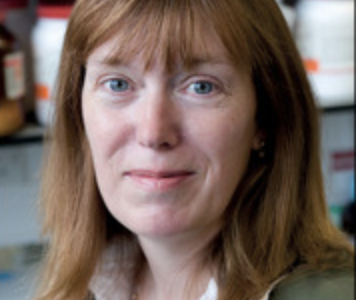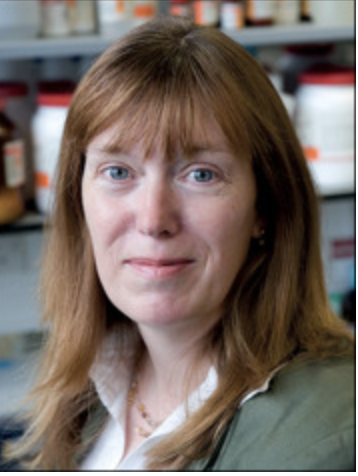
Race to hunt for Coronavirus vaccine

Scientists at the University of Oxford sat they should have at least a million doses of a coronavirus vaccine by September 2020.
The UK government is backing the project, said there were “no guarantees” and it was not possible to put a date on a vaccine.
The first patients are expected to take part in the Oxford trials next week. Most experts still estimate it will take 12 to 18 months to develop and manufacture a vaccine. But the research is taking place at unprecedented speed – years of work are being condensed into months.
Vaccines train the immune system to prevent people developing a disease such as COVID-19.
Eighty groups around the world, including major pharmaceutical companies are trying to develop a vaccine and some have already begun human trials.
Sarah Gilbert, a professor of Vaccinology at the University of Oxford in the UK, and a leading scientist at the University’s Jenner Institute, wasted no time in getting involved soon after the first days of news from Wuhan, China.
“We had recently started thinking about an appropriate response to the Disease X; how could we mobilise and focus our resources to go more quickly than we had ever gone before. And then Disease X arrived. Once the Genome sequence of severe acute respiratory syndrome Coronavirus2 (SARS-CoV-2) became available in mid-january, Gilbert’s team set to work on the design a vaccine, using recombinant DNA technologies to create a SARS-CoV-2 antigen and embedding it within a primate adenovirus vector.
At this point it all felt quite theroetical, our goal then being to design a vaccine and to have a paper published showing what was possible in terms of a rapid response to an unknown outbreak, using our adenoviral vectored vaccine technology, “Sarah Gilbert said.
Gilbert team was awarded £2.2 million grant form the UK’s National Institute for Health Research and the UK Research and Innovation in March 2020,
“The way various grant have been awarded to different strategic aspects of the project is important, as much of the work can go on in parallel.
Gilbert is understandably cautious when asked to map out a timetable for the trial, but hopes to have vaccinated 500 volunteers by mid-May, followed by an extension of the maximum age of trail volunteers from 55 to 70 years, later moving on to the over 70-age group. Phase 3 expansion is expected to involve 5, 000 volunteers, results from the earlier trials will be included in the efficacy follow-up.
“The best case scenario is that by the autumn of 2020, we have an efficacy result from phase 2 and the ability to manufacture in large amounts of the vaccine, but these best-case timeframes are highly ambitious and subject to change”, Gilbert says. “Our ability to determine vaccine efficacy will be affected by the amount of virus transmission in the local population over the summer, and we are also beginning to think about initiating trials with partner in other countries to increase our ability to determine vaccine efficacy” she says.
Sharing knowledge with parallel COVID-19 vaccine efforts worldwide is crucial. “WHO is in the process of creating a forum for everyone who is developing COVID-19 vaccines come together and present their plans and initial findings. It is essential that we all measure immunological responses to the various vaccines in the same way, to ensure comparability and generalisability of our collective fundings. Work is continuing at a very fast pace, and I am in no doubt that we will see an unprecedented spirit of collaboration and cooperation, convened by WHO, as we move towards a shared global goal of COVID-19 prevention through vaccination”, Gilbert says.
Global stock markets surged today, as hopes of miracle cure for coronavirus and th prospect of ending lockdown in America and FTSE 100 rose 3 per cent as shares across the world ended the week on a high note. Investors we’re buoyed after University of Chicago Medicine study into a drug made by California biotech firm Gilead Sciences showed positive results in a clinical trial. Gilead’s stock rocketed 14 per cent on reports of the drug, Remdesivir, has helped almost all more than 100 severely ill patients recover rapidly.
Markets across Asia and Europe surged with th some of the biggest gains being airline such as EasyJet and British Airways owner of IAG suppliers to the aviation sector, Roll Royce, GKN owner of Melrose were the biggest risers.
Chinese GDP fell 6.8 per cent, down from 6 per cent growth in the final quarter of 2019 and the first contraction since the end of Cultural Revolution in 1976.
